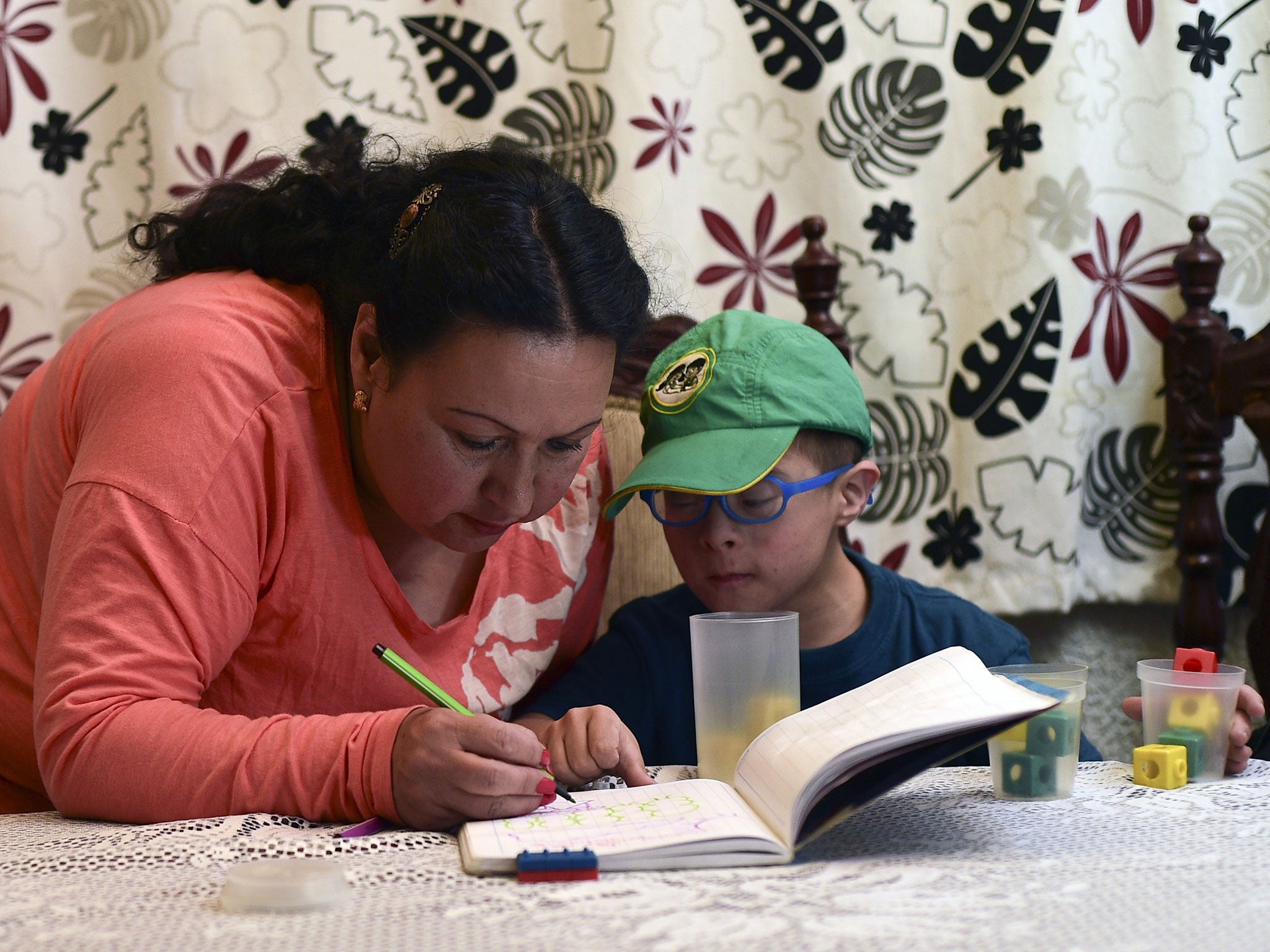The selfish reason for helping other people
Acts of kindness will improve your mental health and help you cope better with stress, study shows

Blanche DuBois, the tragic heroine of A Streetcar Named Desire, proclaimed that she had always relied on the kindness of strangers – and it appears there is also an upside for those generous souls who help out others.
Doing a good turn to friends, acquaintances and random others can improve mental health by mitigating the effects of life’s everyday stresses, a new study shows.
Performing even minor, helpful acts, like holding a door open for someone, is an effective strategy for coping with common worries and strains and makes you feel better, according to researchers from Yale University.
The study, published in the journal Clinical Psychological Science, used daily phone surveys to ask 77 adults about how stressful their day had been, and whether they had engaged in helpful behaviours such as holding a door open, helping with school work, or asked someone if they needed help.
Participants, who were all aged between 18 and 44, were then asked to rate their mental health according to two different metrics. The results showed that those who had done more helpful things – termed “pro-social behaviours” – had higher levels of daily positive emotion and better overall mental health.
Author Emily Ansell, from the Yale University School of Medicine, said: "Stressful days usually lead us to have a worse mood and poorer mental health, but our findings suggest that if we do small things for others, such as holding a door open for someone, we won't feel as poorly on stressful days."
"It was surprising how strong and uniform the effects were across daily experiences," says Ansell. "For example, if a participant did engage in more pro-social behaviours on stressful days there was essentially no impact of stress on positive emotion or daily mental health. And there was only a slight increase in negative emotion from stress if the participant engaged in more pro-social behaviours."
It seems that they don’t call Christmas, with all its present giving, charity donating and bonding with family and colleagues, the Season of Good Cheer for nothing.
Join our commenting forum
Join thought-provoking conversations, follow other Independent readers and see their replies
Comments
Bookmark popover
Removed from bookmarks